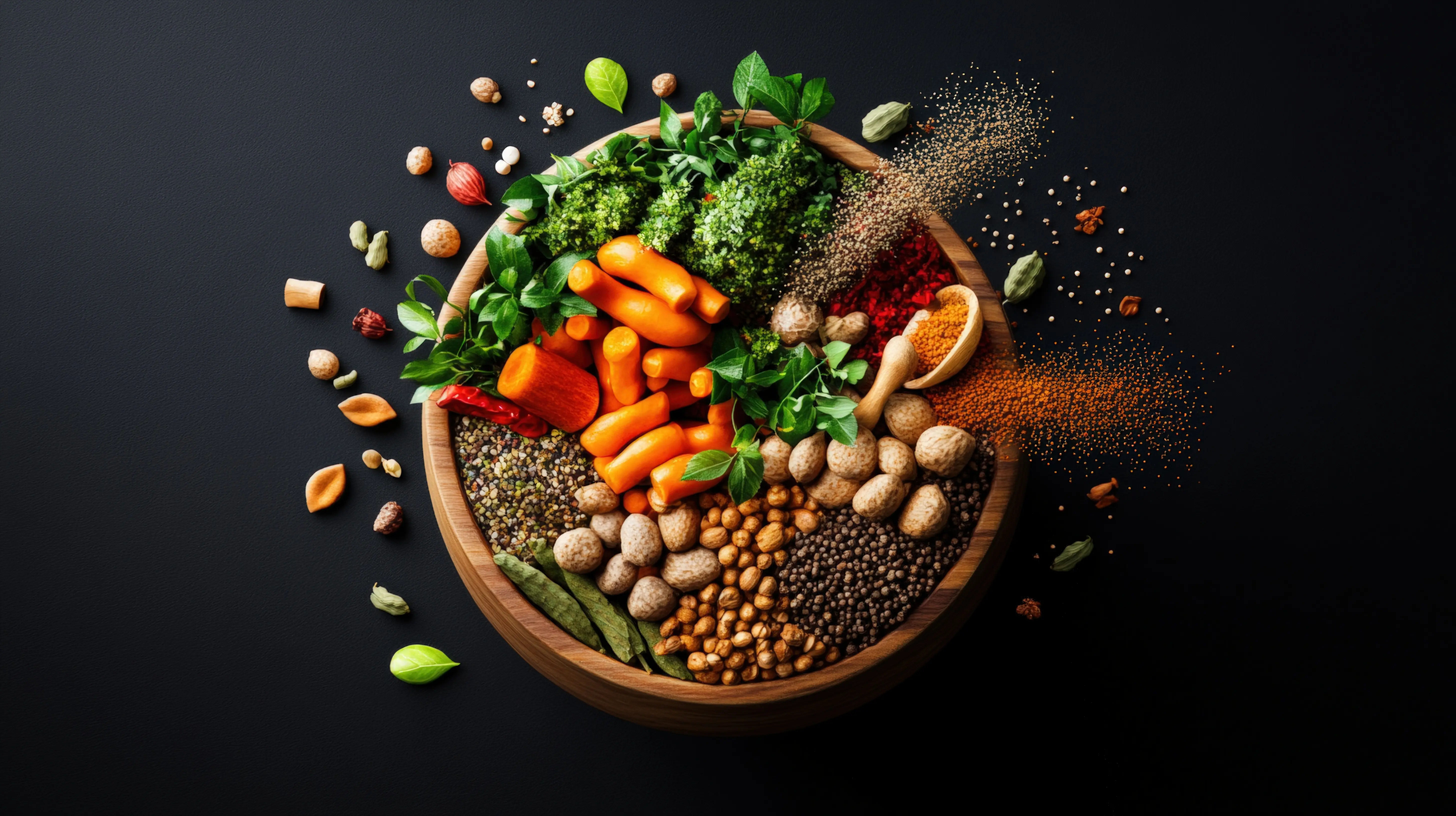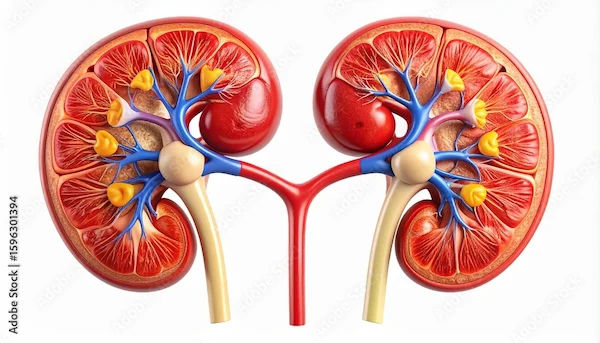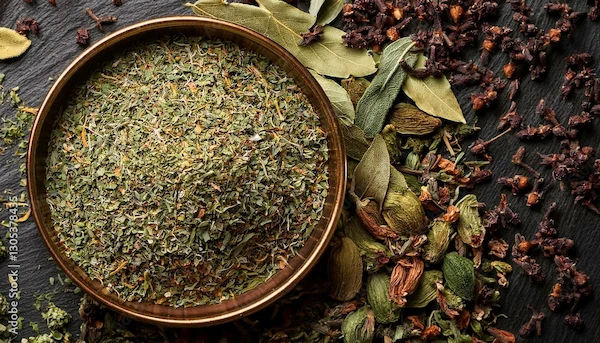Importance of Blood Donation in India
Explore the importance of blood donation in India, its role in saving lives, supporting medical emergencies, and promoting community health.
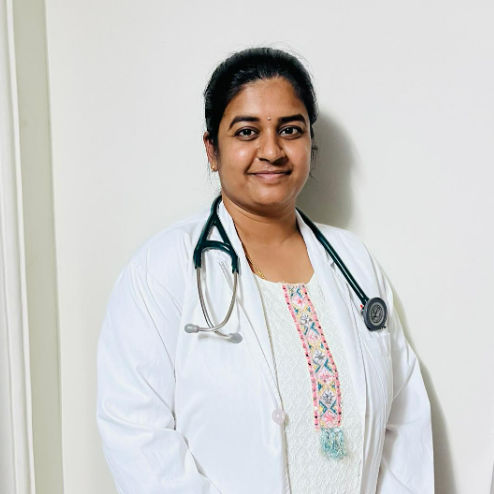
Written by Dr. Siri Nallapu
Reviewed by Dr. Rohinipriyanka Pondugula MBBS
Last updated on 27th Jul, 2025
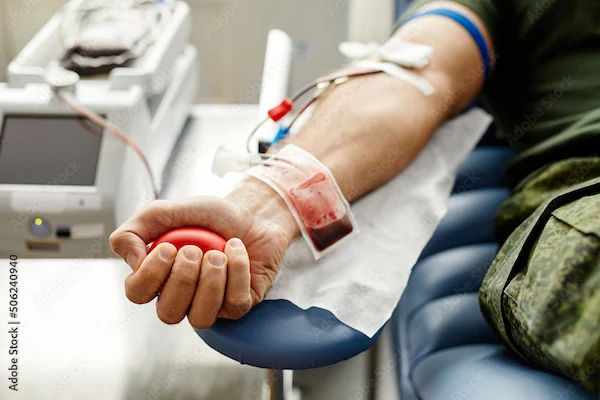
Blood donation is a simple yet powerful act that can save lives. In a country like India, where millions of people require blood transfusions every year, the need for regular blood donors is immense. Yet, there is often a shortage of safe and adequate blood supply in hospitals.
This article explains why blood donation is crucial, who can donate, and how you can contribute to this noble cause.
Why is Blood Donation Important?
Blood is essential for medical treatments, surgeries, trauma care, and chronic illnesses like thalassemia and cancer. Here’s why donating blood matters:
1. Saves Lives: A single blood donation can save up to three lives.
2. No Substitute for Blood: Despite medical advancements, blood cannot be artificially manufactured.
3. Emergency Preparedness: Natural disasters and accidents require readily available blood stocks.
4. Helps Patients with Chronic Conditions: Many people with blood disorders need regular transfusions.
5. Encourages a Healthy Community: Regular donation helps maintain donor health by stimulating new blood cell production.
Who Can Donate Blood?
Not everyone can donate blood. Here are the general eligibility criteria in India:
Age: 18–65 years
Weight: At least 50 kg
Haemoglobin Level: Minimum 12.5 g/dL for women, 13 g/dL for men
Health Status: Should be free from infections like HIV, Hepatitis B/C, and other transmissible diseases
Frequency: Men can donate every 3 months, women every 4 months
Who Should Avoid Donating?
Pregnant or breastfeeding women
People with uncontrolled diabetes or high blood pressure
Those who have recently had surgery, tattoos, or piercings
Individuals with a history of drug abuse or certain chronic illnesses
To Know If You Can Donate Blood Consult Top Specialists
Common Myths About Blood Donation
Many people hesitate to donate due to misconceptions. Let’s debunk some myths:
Myth: Donating blood is painful.
Fact: The needle prick is brief, and most donors feel minimal discomfort.
Myth: Donating blood weakens the body.
Fact: The body replenishes lost blood within 24–48 hours.
Myth: People with diabetes or hypertension cannot donate.
Fact: If well-controlled, they may still be eligible.
Myth: Blood donation leads to infections.
Fact: Sterile, single-use needles ensure safety.
Health Benefits of Blood Donation
Donating blood isn’t just good for recipients—it benefits donors too!
Reduces Iron Overload: Helps prevent hemochromatosis (excess iron).
Improves Heart Health: May lower the risk of cardiovascular diseases.
Stimulates Blood Cell Production: Encourages fresh blood formation.
Free Health Check-up: Donors receive basic health screenings (BP, haemoglobin, etc.).
How to Prepare for Blood Donation?
To ensure a smooth donation experience:
Eat Well: Have a healthy meal before donating; avoid fatty foods.
Stay Hydrated: Drink plenty of water before and after donation.
Rest Well: Get a good night’s sleep before donating.
Avoid Alcohol & Smoking: Refrain 24 hours before donation.
What Happens After Donation?
Rest for 10–15 minutes before leaving.
Avoid heavy lifting or strenuous exercise for 24 hours.
Drink extra fluids to help replenish lost fluids.
Eat iron-rich foods (leafy greens, nuts, beans) to recover faster.
How Can You Help?
1. Donate Regularly: Commit to donating at least once a year.
2. Spread Awareness: Encourage friends and family to donate.
3. Organise Blood Drives: Collaborate with hospitals or NGOs.
4. Volunteer: Support blood donation camps as a helper.
Conclusion
Blood donation is a selfless act that takes little time but has a huge impact. With India’s growing healthcare needs, more voluntary donors are essential. If you’re eligible, consider donating blood and inspiring others to do the same. Together, we can bridge the gap between demand and supply, saving countless lives.
Consult Top Specialists
To Know If You Can Donate Blood Consult Top Specialists

Dr. Immanuel Raj
General Practitioner
8 Years • MBBS. MBA (HHSM)
Visakhapatnam
Apollo 24|7 Clinic - Andhra Pradesh, Visakhapatnam

Dr. Syed Yaseen Ahmed
General Practitioner
7 Years • MBBS
Hyderabad
Apollo 24|7 Clinic, Hyderabad

Dr. Syed Ismail Ali
General Practitioner
7 Years • MBBS
Hyderabad
Apollo 24|7 Clinic, Hyderabad
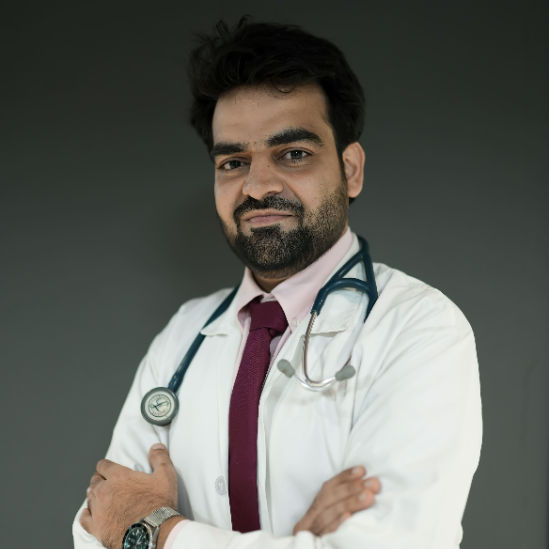
Dr. Md Yusuf Shareef
General Practitioner
8 Years • MBBS
Hyderabad
Apollo 24|7 Clinic, Hyderabad

Dr. Anshul Maheshwari
General Practitioner
5 Years • MBBS
Lucknow
Apollo 24|7 Clinic - Uttar Pradesh, Lucknow
Consult Top Specialists

Dr. Immanuel Raj
General Practitioner
8 Years • MBBS. MBA (HHSM)
Visakhapatnam
Apollo 24|7 Clinic - Andhra Pradesh, Visakhapatnam

Dr. Syed Yaseen Ahmed
General Practitioner
7 Years • MBBS
Hyderabad
Apollo 24|7 Clinic, Hyderabad

Dr. Syed Ismail Ali
General Practitioner
7 Years • MBBS
Hyderabad
Apollo 24|7 Clinic, Hyderabad

Dr. Md Yusuf Shareef
General Practitioner
8 Years • MBBS
Hyderabad
Apollo 24|7 Clinic, Hyderabad

Dr. Anshul Maheshwari
General Practitioner
5 Years • MBBS
Lucknow
Apollo 24|7 Clinic - Uttar Pradesh, Lucknow
